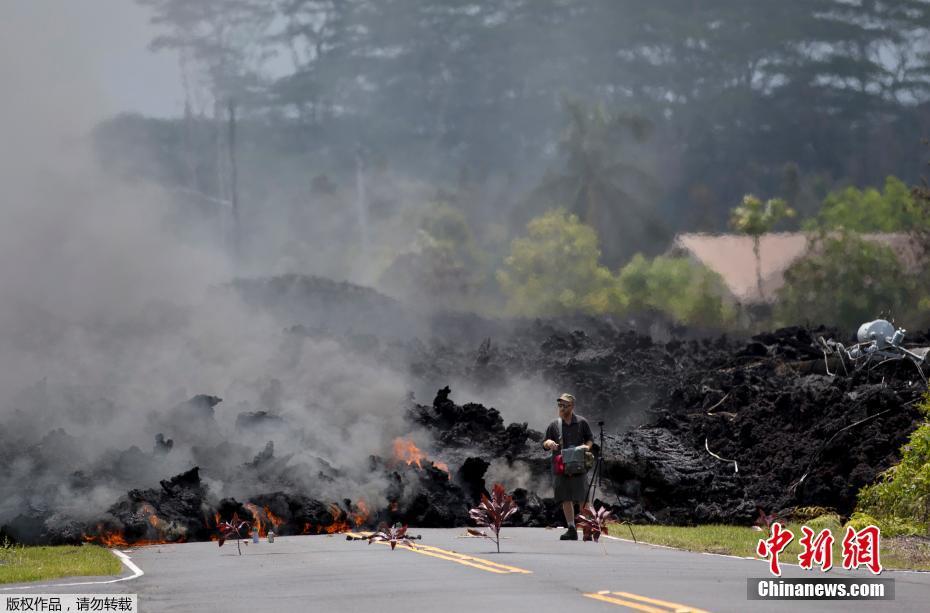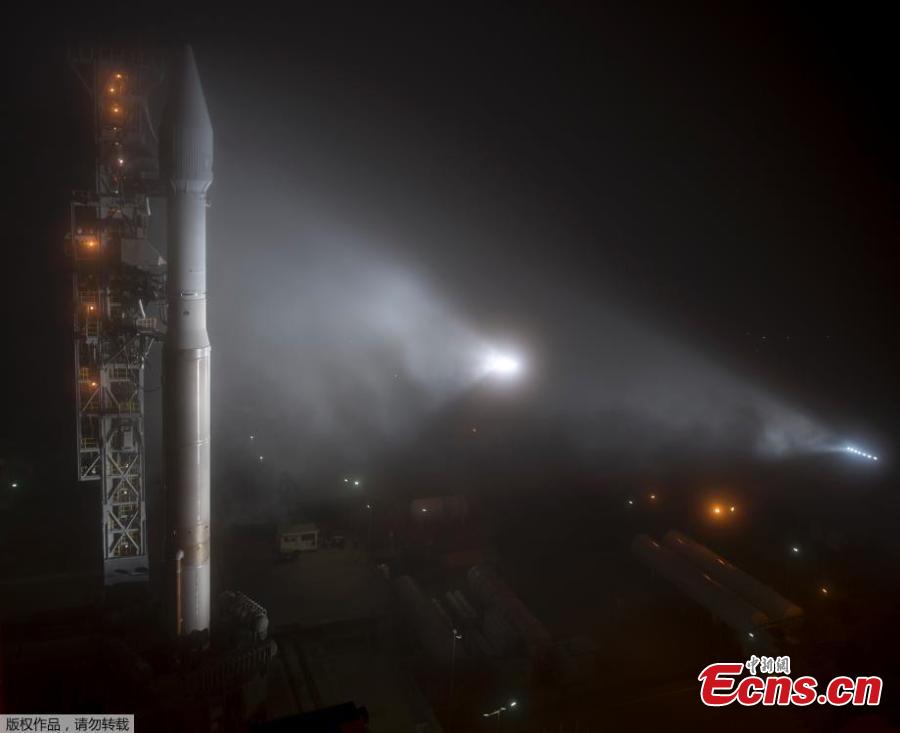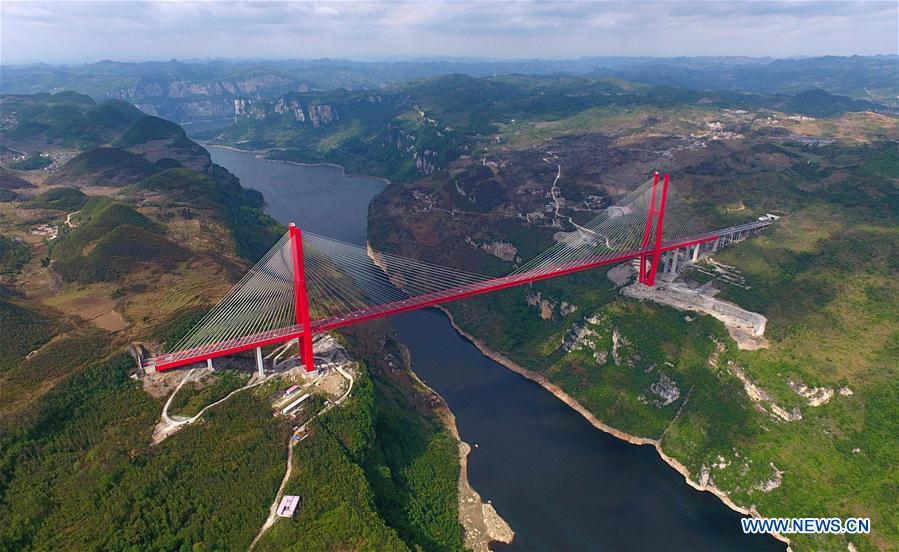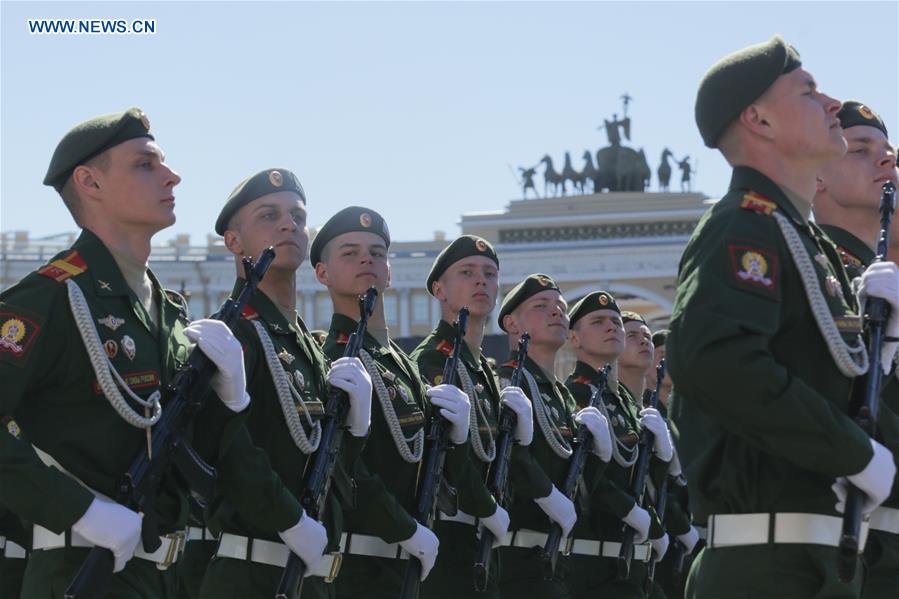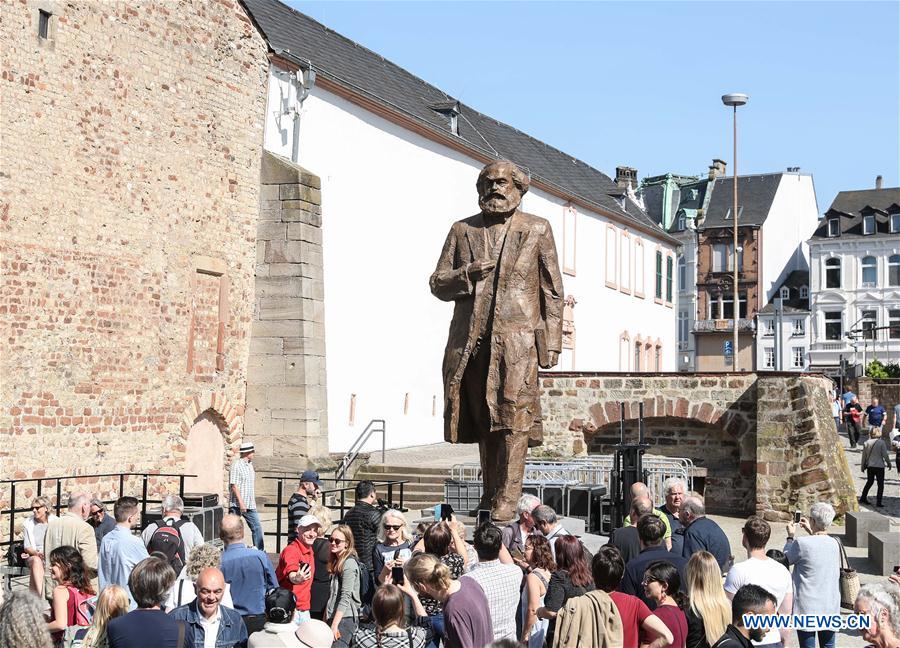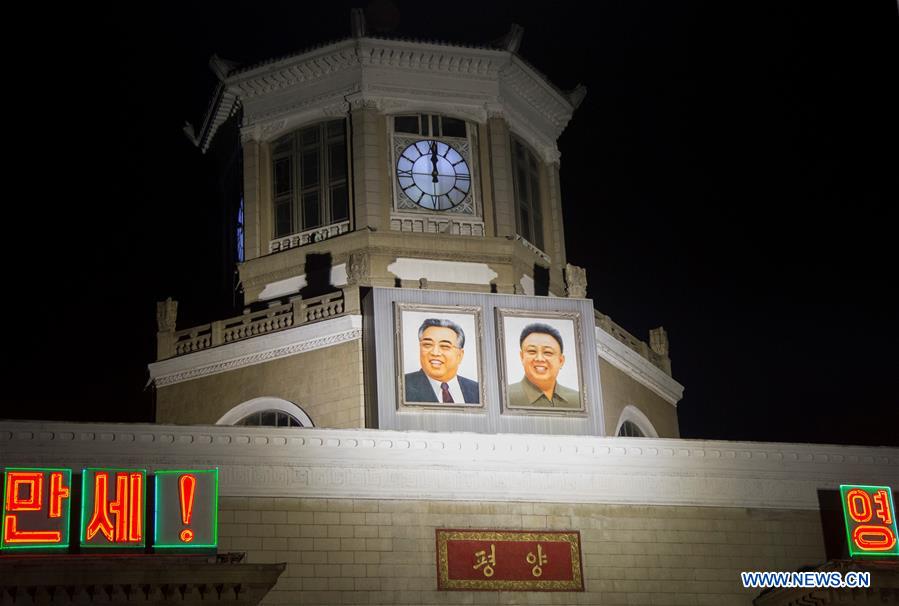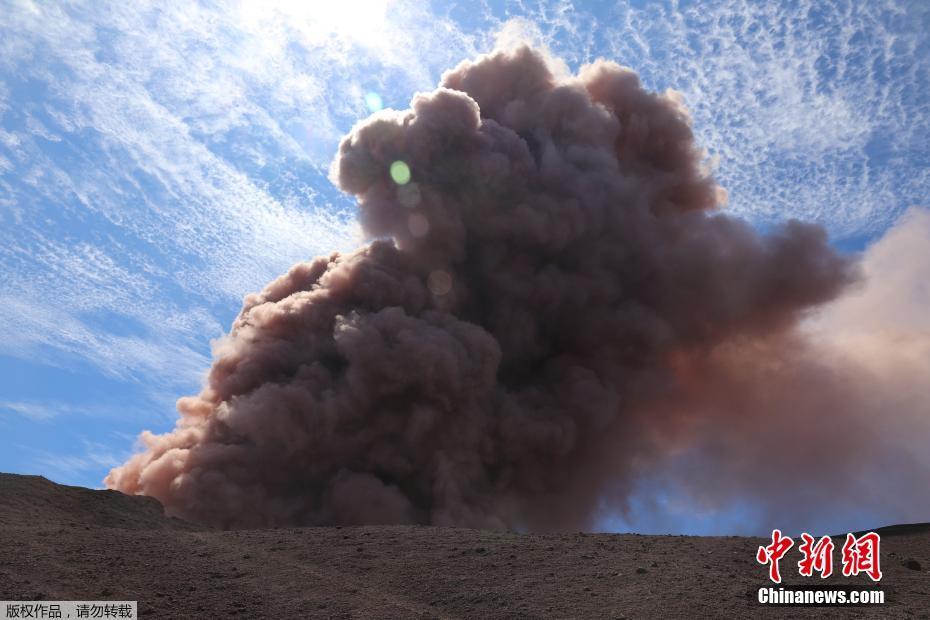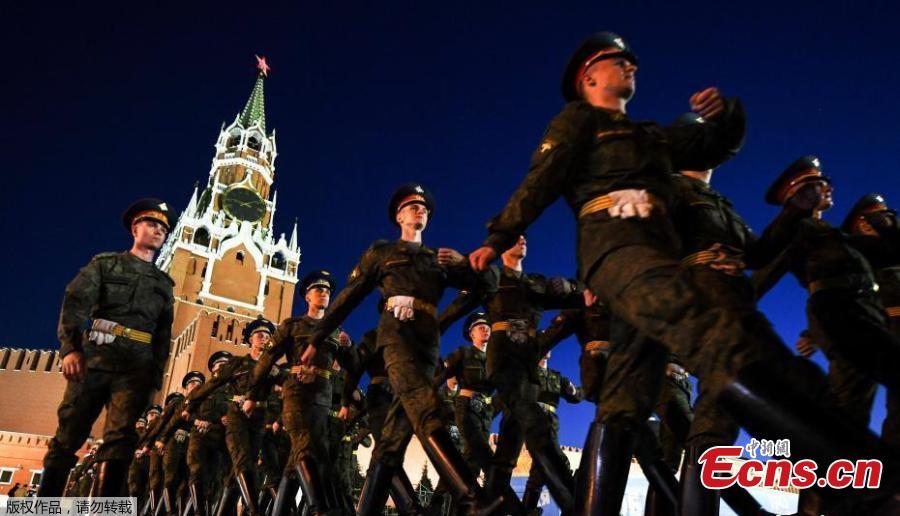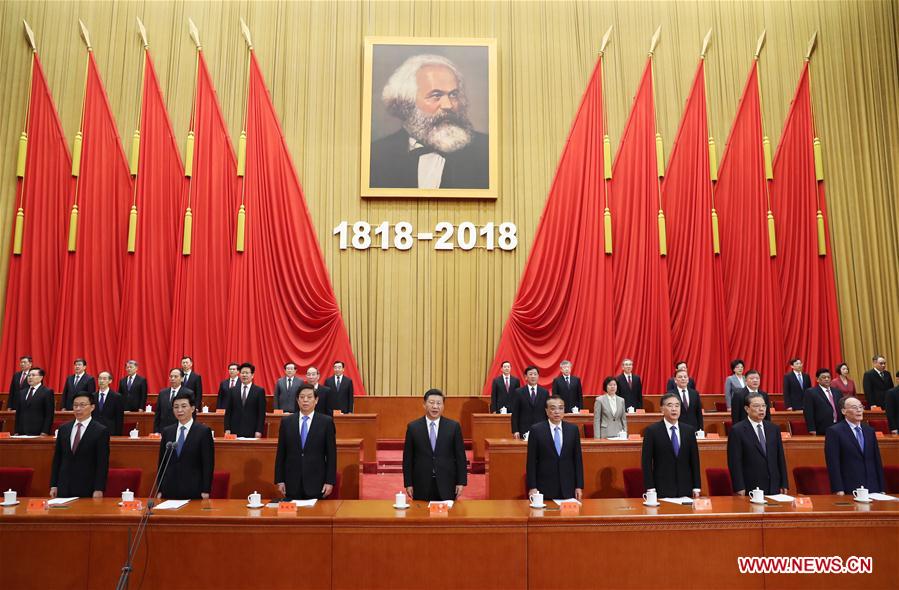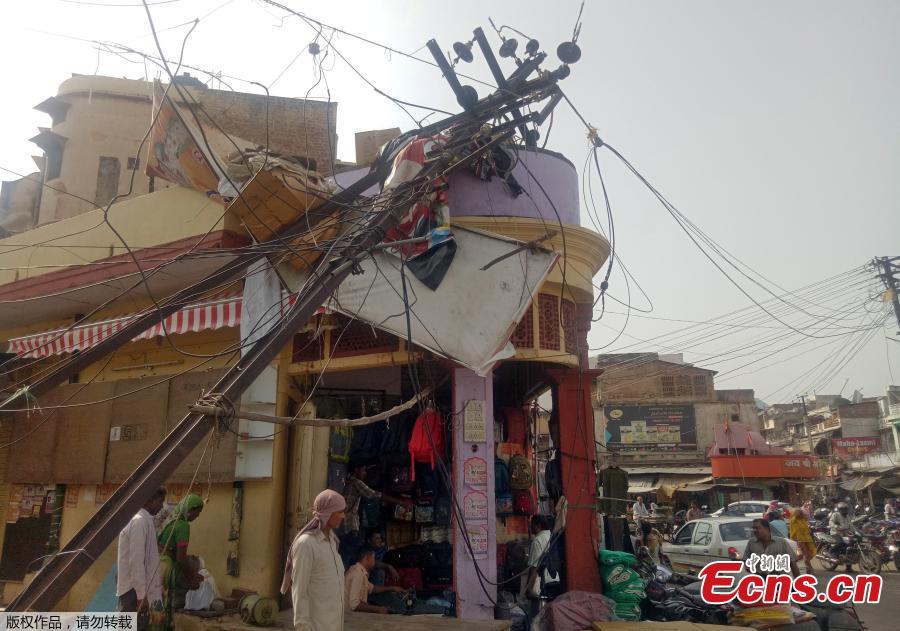A senior military official said Monday that terrorist attacks will not affect the overall stability of northwest China's Xinjiang Uygur Autonomous Region, nor will they hinder its fast economic development, ethnic unity or religious harmony.
"Everyone in Xinjiang is against terrorism and expects peace. Now those few terrorists have no support there, and people just hate them," said Saimati Muhammat, major general and deputy commander of the Xinjiang Military Area Command, in an interview with Xinhua.[Special coverage]
Chinese authorities began a one-year anti-terrorism campaign in Xinjiang last May in response to the attacks. Muhammat said the campaign has helped people realize that "terrorists are their common enemies. Everyone is obligated to battle terrorism and maintain peace."
A total of 31 people died and another 141 people were injured in a knife attack that occurred on March 1 last year at a train station in southwest China' s city of Kunming. It was later found that the attack was orchestrated by Xinjiang separatist forces.
Muhammat said officials have since strengthened cross-regional cooperation and taken preemptive measures to prevent such attacks in areas across the country.
Chinese lawmakers are now revising a draft of the country's first Counter-terrorism Law, which seeks to define terrorism and establish a legal framework for counter-terrorism efforts.
The commander said terrorism shouldn't be blamed on any specific ethnic group, territory or religion. "Terror attacks are sometimes committed in the name of Islam, but even Muslims condemn them. These extreme activities represent a violation of Islamic doctrine. They're a crime."
He added that religious policies in Xinjiang were created after seeking advice from local religious groups. "The policies protect religious needs while helping to deter extremists."











